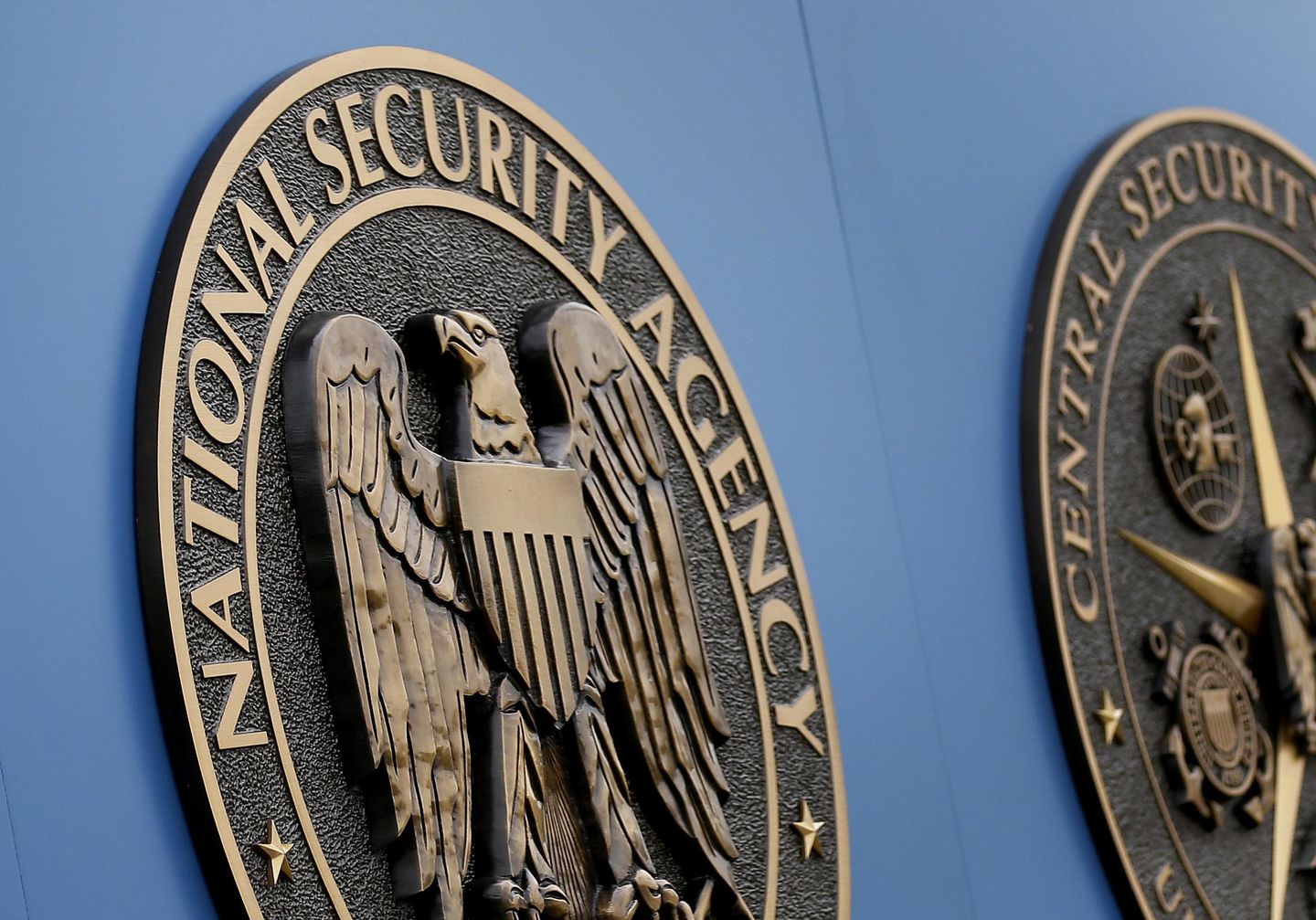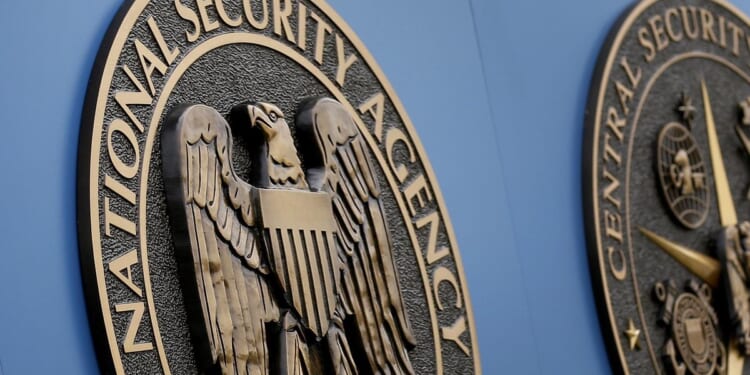
The U.S. intelligence community is crafting new rules for its use of artificial intelligence and data, as America’s spies adopt cutting-edge tech tools into their work of stealing secrets and understanding foreign threats.
The AI rules will set minimum standards for all 18 intelligence agencies and the data guidance involves American spies’ use of commercially available information, according to U.S. officials.
The Office of the Director of National Intelligence wants its forthcoming first-ever directive on AI to ensure that different spy agencies have a common understanding of the lines drawn to govern their use of AI, according to John Beiler, ODNI’s science and technology chief.
“Where we’re going to start is, a little bit, very high level,” Mr. Beiler said Wednesday at the Special Competitive Studies Project’s AI expo, being held this week in Washington. “Because, again, we don’t want to be dictatorial because we’re still figuring a lot of this stuff out.”
Mr. Beiler later told The Washington Times that the intelligence community is not forecasting a deadline for the release as it workshops the rules across Washington, with input from the White House and Capitol Hill to each of the spy agencies.
Hints of the new AI rules’ content are evident in the major defense bill signed into law by President Biden in December.
The law directs the intelligence community to make rules establishing minimum guidelines for AI models’ performance and for tracking agencies’ dependence on the models. The law also requires documentation of data used to train models, documentation of capabilities procured from third parties, and guidance for obtaining and using models previously trained by third parties.
In the absence of common AI rules, the nation’s spy agencies have drawn their own lines. The agencies have also worked under the guidance of the intelligence community’s “principles of artificial intelligence ethics” established in 2020, which include such admonitions as “respect the law and act with integrity” and to be “transparent and accountable.”
Other changes to the spies’ data usage may come before the AI rules.
Jason Barrett, ODNI’s Open Source Intelligence Executive, said at the AI expo that the intelligence community will soon share new information about its policy for, and usage of, commercially available information.
Commercially available information includes personal individual data available on the open market, involving information harvested by data brokers accessible via people’s phones, cars and other devices.
Transparency and privacy
Mr. Barrett said the intelligence community’s approach is being formed with transparency and privacy protections in mind, while also streamlining the acquisition and internal sharing of the data.
“We really do need a mindset shift when it comes to how we are acquiring it, so that we’re not taking 18 different approaches and then having [to] set up the contracts 18 different ways, hopefully, ultimately, so that we can share internally,” Mr. Barrett told attendees at the AI expo.
Mr. Barrett said details of the spies’ usage of the data and its policy approach would come “pretty soon” without defining precisely when.
Any change will be closely monitored by privacy and civil liberties advocates who fear the intelligence community is purchasing data from private companies that it cannot lawfully collect on its own.
The intelligence community published a report in June 2023 acknowledging its collection of commercially available information that recommended changes to the U.S. government’s approach. The report detailed certain private sector contracts enabling the government’s access to data, such as the FBI’s work with the company ZeroFox for “social media alerting.”
Sen. Ron Wyden temporarily held up the confirmation of the National Security Agency’s director last year as part of the Oregon Democrat’s push for more information on the commercial data that the spy agencies collect. Mr. Wyden lifted his blockade after receiving information from the intelligence community and the Pentagon.
Intelligence officials relying on data and incorporating new artificial intelligence tools into their work have said they follow U.S. laws.
The CIA’s Randall Nixon, who oversees the agency’s Open Source Enterprise, said at the AI expo that there is a lawyer involved in “every decision we make, and he can quote chapter and verse the attorney general guidelines that keep us in the right.”
While the intelligence community is developing new rules and processes for fast-evolving tech, Congress is not expected to pass a comprehensive law containing AI regulations anytime soon.
Asked this week at the expo if Congress would pass a big AI regulatory bill, Sen. Todd Young, Indiana Republican, told attendees, “Not in the really near term.”

